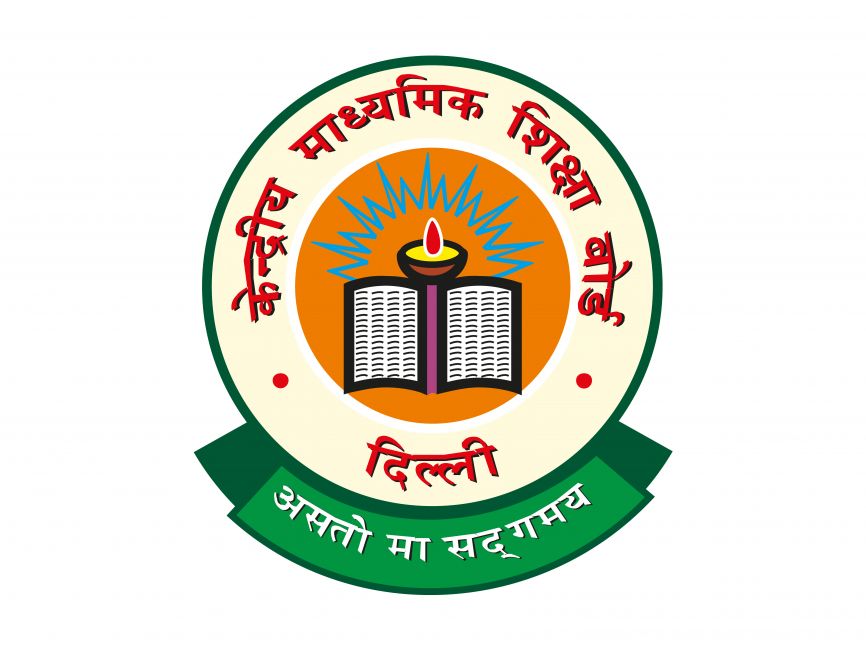ITI Education: Empowering Skilled Workforce
Table of contents
What is ITI?
Industrial Training Institute (ITI) eduction is a government or private training organization that offers vocational training programs to high school students. These programs equip students with practical skills and technical knowledge related to specific trades. ITI courses focus on hands-on training, preparing individuals for various industries.

Key Aspects of ITI Education:
- Vocational Training: ITI courses emphasize practical skills over theoretical knowledge. Students learn by doing, gaining expertise in specific trades such as electrician, fitter, welder, etc.
- Eligibility: After completing 10th or 12th grade, students can enroll in ITI courses. The eligibility criteria vary based on the specific course and institute.
- Duration: ITI courses typically last 1 to 2 years, depending on the trade. Some courses may extend up to 3 years.
- Trade Specializations: ITI offers a wide range of trades, including electrician, mechanic, plumber, carpenter, and more. Students can make selections aligned with their interests and career goals.
Benefits of ITI Education:
- Skill Development: ITI equips students with practical skills needed for specific jobs.
- Employability: Graduates find employment in various industries, including manufacturing, construction, and maintenance.
- Affordability: ITI courses are cost-effective compared to traditional college education.
- Quick Entry into Workforce: ITI graduates can start working immediately after completing their courses.
- Early Earning Potential: Compared to traditional university degrees, ITI programs offer a faster path to earning a living. Graduates can start working and accumulating experience sooner.
- Government Jobs: Many government departments seek skilled personnel, and ITI qualifications often serve as eligibility criteria for various sarkari (government) jobs.
- Affordable Education: ITI education is significantly more affordable compared to university degrees. This makes it an accessible option for students from diverse backgrounds.
Popular ITI Courses:
A wide range of ITI courses cater to diverse industry needs.
- Engineering Trades: Fitter, Welder, Machinist, Mechanic (Automobile, Diesel, Refrigeration & Air Conditioning)
- Electrical & Electronics Trades: Electrician, Electronics Mechanic, Computer Hardware & Networking Technician
- Construction Trades: Carpenter, Plumber, Mason, Surveyor
- Textile Trades: Weaver, Fashion Design Technology, Garment Making
- Other Trades: Printing Technology, Catering & Food Production, Secretarial Practice
Career Prospects for ITI Graduates:
ITI graduates can find employment in various sectors, including:
- Manufacturing Industries: Automobile, Construction, Electrical & Electronics, Chemical
- Power Plants and Utilities: Thermal, Hydroelectric, Renewable Energy
- Service Sector: Automobile Repair, Air Conditioning & Refrigeration Services, Electrical Maintenance
- Government Departments: Railways, Public Works Department, Defense
Who Should Consider ITI Education?
ITI education is an excellent option for:
- Students who prefer a hands-on learning approach.
- Individuals aiming for a swift entry into the workforce.
- Those interested in pursuing a career in a specific trade or technical field.
- Students who may not have the financial resources for a traditional university degree.
ITI vs. University Degree
While both ITI and university education provide valuable skills and knowledge, they cater to different needs. Here’s a quick comparison:
| Feature | ITI Education | University Degree |
|---|---|---|
| Focus | Skill development for specific trades | Broader academic knowledge |
| Course Duration | 1-2 years | 3-4 years or more |
| Cost | Affordable | More expensive |
| Job Opportunities | Faster entry into workforce | Broader range of careers (may require further education) |
Getting Started with ITI Education:
- Eligibility: The minimum qualification for most ITI courses is successful completion of Class 8 or 10.
- Selection Process: Admission to ITI programs is typically based on merit through entrance exams conducted by individual institutes or state governments.
- ITI Institutes: You can find a list of government and private ITI institutes in your region through the official website of the Directorate General of Training (https://dgt.gov.in/).
FAQs about ITI Education:
1. Is ITI equivalent to a diploma?
- No, ITI courses are not equivalent to diploma programs. However, they provide specialized vocational training.
2. Can I pursue ITI after 12th?
- Yes, you can join ITI after completing 12th grade. ITI offers both 10th and 12th pass courses.
3. What are the job prospects after ITI?
- ITI graduates can work as technicians, mechanics, electricians, welders, and more. They find employment in both private companies and government organizations.
4. How do I choose the right ITI course?
- Consider your interests, career goals, and the demand for specific trades in your region. Research various ITI courses and choose one that aligns with your aspirations.
5. Is ITI education recognized globally?
- While ITI courses are primarily recognized within India, some countries may acknowledge the skills gained through vocational training.
6. What are the benefits of ITI education over a traditional university degree?
- ITI education offers a faster and more affordable path to a career with a strong focus on practical skills. It’s ideal for individuals seeking immediate employment opportunities.
7. Can ITI graduates get sarkari naukri (government jobs)?
- Yes, many ITI trades qualify for government jobs. it can provide you with updates on government job notifications for ITI graduates.
8. What are the admission criteria for ITI courses?
- The minimum qualification for most ITI courses is Class 8 or 10 pass. Specific entrance exams may be required depending on the institute and trade.
9. How long do ITI courses typically last?
- ITI courses generally range from one to two years in duration, depending on the specific trade.
10. Is ITI education right for me?
- If you’re passionate about acquiring practical skills and getting into the workforce quickly, ITI education can be a great choice. Consider your interests and research job market trends to determine if an ITI course aligns with your career goals.
Conclusion:
ITI education bridges the gap between theoretical knowledge and practical skills, creating a skilled workforce ready to contribute to India’s growth. Whether you aspire to become an electrician, welder, or any other trade professional, ITI provides a solid foundation for your career. Remember to choose wisely and invest in your future! 🌟







